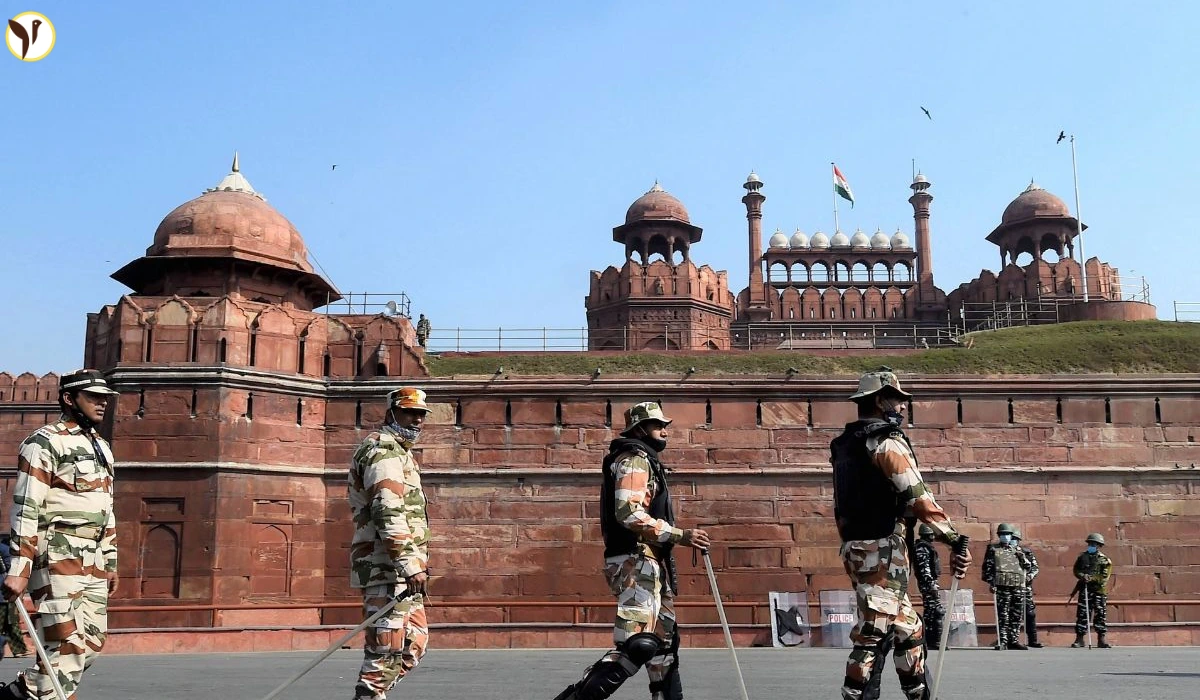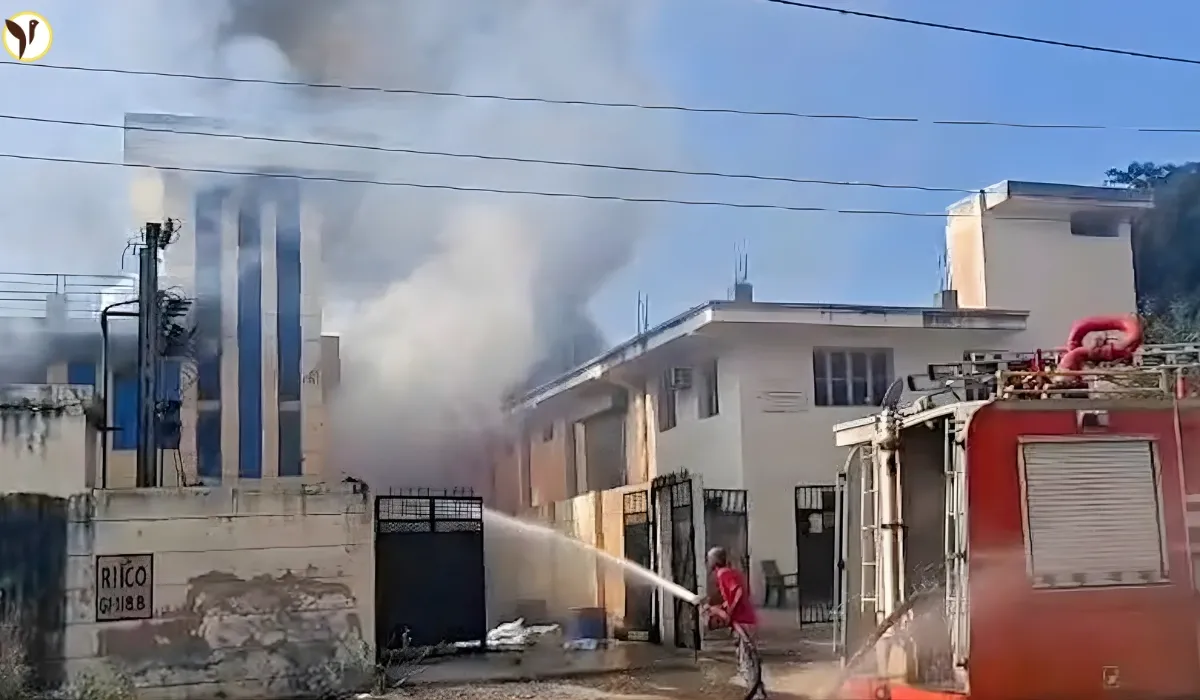BSE Share Price Takes a Nosedive: The 66% Drop Explained
Wow. Just wow. The Bombay Stock Exchange (BSE) share price took a wild ride on Friday, May 23rd, 2025. A staggering 66% drop left a lot of investors scratching their heads. I mean, honestly, a plunge like that gets your attention. This article breaks down what happened, separating fact from initial panic.
The Bonus Issue and the Price Adjustment
The main culprit? A 2:1 bonus share issue. Essentially, BSE gave existing shareholders two extra shares for every one they owned. This is great news for shareholders long-term, increasing their overall holdings, but this caused the per-share price to adjust downward, which is where things get a bit confusing for a lot of people.
So, what you saw on some trading apps that morning wasn't a real crash. The share price plummeted because the price reflected this split. If the stock closed at ₹6,996.50 the day before and opened around ₹2,358, it’s not an actual loss because you now own three times as many shares!
- Before Bonus: You owned 1 share at ₹6,996.50
- After Bonus: You own 3 shares at approximately ₹2,335 each (the value is slightly different due to market fluctuations). The total value remains (relatively) the same.
This technical adjustment caused a lot of initial confusion, leading to understandable alarm. It's really important to note that a price correction based on a bonus issue isn’t the same thing as a genuine market crash, though I know it's easy to panic when you see such dramatic numbers.
Beyond the Bonus: Other Factors Affecting the BSE Share Price
While the bonus issue explains the massive price swing, other factors are playing a role in the BSE's overall performance. SEBI (Securities and Exchange Board of India) is considering changing the date of derivative expiry on the NSE (National Stock Exchange) from Thursday to Tuesday. This would directly impact the BSE, which currently has Thursday expiry, potentially impacting its market share and option premiums – which could cause share price fluctuation.
Goldman Sachs, for example, has given BSE a "neutral" rating and a target price of ₹5,340. But other analysts have a more bullish outlook, with many recommending a "buy". This disparity in opinion highlights the uncertainty surrounding the BSE’s future.
Remember, 2025 has already seen the BSE share price surge by over 305% – showcasing its multibagger potential. So this recent drop doesn't necessarily tell the whole story.
What This Means for Investors
The BSE's bonus share issue was a positive development in the long run for shareholders, but the initial price reaction emphasized the importance of understanding corporate actions and their effects on share prices. Keep an eye on market news and expert analysis before jumping to conclusions. Remember, a single day's performance doesn’t necessarily define a stock's long-term value.
If you're considering investing in BSE or any other stock, always do your research. Look beyond headline numbers and understand the underlying factors that influence share price.









